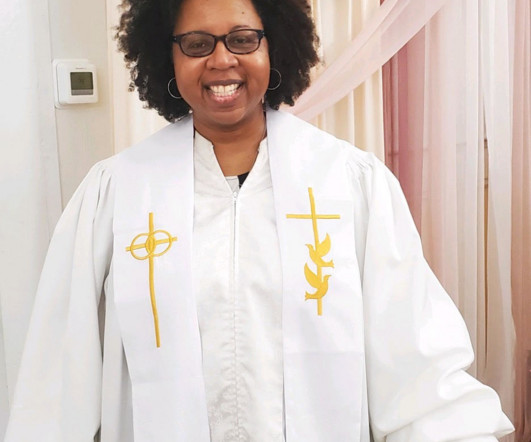6 ways leaders are rethinking their student affairs organizational charts in 2023
EAB
JANUARY 12, 2023
6 ways leaders are rethinking their student affairs organizational charts in 2023. Between a pandemic, a national racial reckoning, and increasing challenges to the higher education business model, student affairs leaders have spent the past few years looking for ways to innovate and collaborate more effectively across the cabinet.











Let's personalize your content